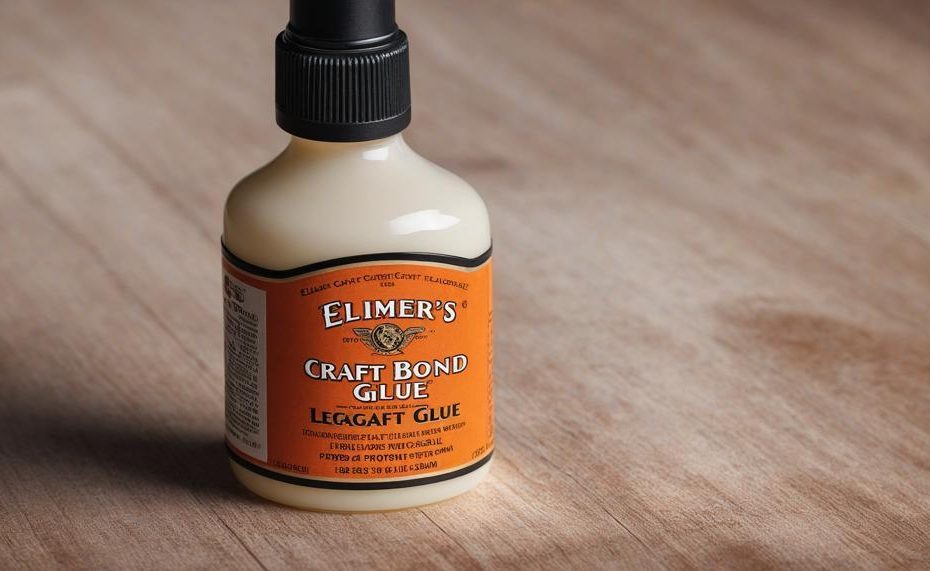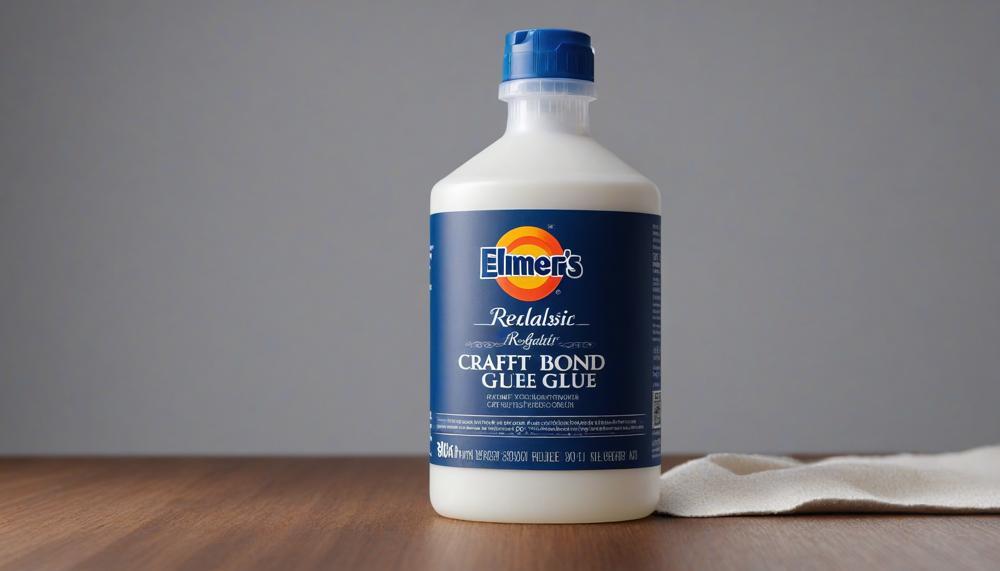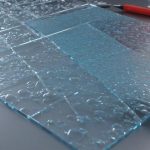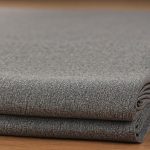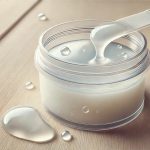No, Elmer’s Craft Bond glue is not waterproof. It’s an excellent adhesive for various craft projects, offering strong bonding capabilities, but when it comes to water resistance, it falls short. Here’s why:
Elmer’s Craft Bond glue is designed for indoor use, primarily targeting crafts, paper projects, and lightweight materials. While it may handle a bit of moisture, prolonged exposure to water will cause the glue to weaken and eventually fail. For projects exposed to water or high humidity, a different adhesive designed specifically for waterproofing would be more suitable.
Key Takeaways:
- Not Waterproof: Elmer’s Craft Bond glue is not meant for water-resistant applications.
- Ideal for Crafts: Perfect for paper, fabric, and light craft materials.
- Indoor Use: Best suited for projects that will stay dry.
- Temporary Moisture: Can handle slight moisture but not prolonged exposure.
In summary, while Elmer’s Craft Bond glue is fantastic for your crafting needs, it’s important to choose a different adhesive if your project requires waterproof properties. For reliable water resistance, consider alternatives like silicone-based glues or epoxy resins, which are specifically formulated to withstand water exposure.
Table of Contents
What is Elmer’s Glue?
Elmer’s Glue is a popular adhesive brand widely used for school projects, DIY crafts, and minor household repairs. Known for its white, creamy consistency, it’s primarily made from polyvinyl acetate (PVA) emulsion.
This versatile glue has been a staple in homes and schools for over 60 years, renowned for its ease of use and effectiveness.
Key Features of Elmer’s Glue
| Feature | Description |
| Composition | Made from polyvinyl acetate (PVA) emulsion. |
| Uses | Commonly used in school projects, crafts, minor repairs, and sealing cracks and joints. |
| Varieties | Includes Elmer’s Glue-All, Elmer’s School Glue, and Elmer’s Glue-All Max. |
| Water Resistance | Regular Elmer’s glue is not waterproof, but Elmer’s Glue-All Max offers some water-resistant properties. |
| Durability Enhancement | Adding white vinegar or baking soda can improve durability and moisture resistance. |
| Waterproofing | A thin coat can make projects more water-resistant, but not completely waterproof. |
Properties and Applications
- Versatility: Elmer’s Glue is ideal for bonding paper, fabric, wood, and various porous materials. Its non-toxic formulation makes it safe for children’s use in school and at home.
- Water Resistance: Although standard Elmer’s glue is not waterproof, it can handle minimal moisture exposure. For better water resistance, Elmer’s Glue-All Max is a better option, though it’s still not suitable for prolonged water exposure.
- Crafts and Repairs: This adhesive is a go-to for DIY enthusiasts, offering reliable bonding for crafts, repairs, and even minor construction tasks. It can also be used for sealing small cracks and joints temporarily.
- Enhancing Durability: Mixing Elmer’s glue with substances like white vinegar or baking soda can improve its durability and water resistance. This can be particularly useful for projects needing a bit more resilience against moisture.
Practical Tips
- Application: For best results, apply a thin, even coat and allow sufficient drying time. This ensures strong adhesion and a smooth finish.
- Waterproofing: For items like shoes or bags, a thin layer of Elmer’s glue can add a protective water-resistant coating. However, this is not a permanent solution and should not replace dedicated waterproof materials.
How Does Elmer’s Glue Work?
Elmer’s Glue, a ubiquitous household item, works through a fascinating chemical process. The key component, polyvinyl acetate (PVA), is a synthetic polymer suspended in water. When you apply the glue to a surface, the water begins to evaporate.
As the water content decreases, the PVA particles draw closer together. This process, known as coagulation or coalescence, causes the polymer chains to entangle and bond with each other and the surface, forming a solid and sturdy adhesive layer.
Mechanism Breakdown:
| Step | Description | Key Process |
| Application | Glue is spread onto the surfaces to be joined. | Water-based dispersion of PVA |
| Evaporation | Water in the glue starts to evaporate. | Reduction of water content |
| Coagulation | PVA particles come closer as water evaporates. | Particles bond together |
| Adhesion | PVA polymer chains interlock with surface and each other. | Formation of a strong adhesive bond |
Is Elmer’s Glue Waterproof?
Elmer’s Glue is not waterproof. When exposed to water, it tends to dissolve and lose its adhesive properties. However, once dry, it can provide a degree of water resistance due to the barrier it forms.
This makes it suitable for projects where occasional water contact might occur, but it’s not ideal for items that will be regularly exposed to water.
Composition and Solubility:
Elmer’s Glue is primarily composed of polyvinyl acetate (PVA) suspended in water.
When applied, the water evaporates, allowing the PVA to form a strong bond. However, this bond is not impervious to water. When re-exposed to water, the glue can soften and lose its adhesive quality.
Water Resistance:
While not fully waterproof, dried Elmer’s Glue can resist minor water exposure.
For instance, it might withstand a few drops of water or brief splashes, making it somewhat suitable for projects like scrapbooking or paper crafts where minor water exposure might occur.
Ideal Uses:
Elmer’s Glue is perfect for crafts, school projects, and light woodworking but should not be used in applications where it will be subjected to significant or prolonged water exposure.
For waterproofing needs, it is better to use specialized adhesives designed for such conditions.
Practical Advice:
- For waterproof projects, consider alternatives such as epoxy, silicone sealant, or waterproof PVA glues.
- Ensure the surfaces are dry before applying Elmer’s Glue for the best adhesion.
- Always let the glue fully cure before subjecting it to any water exposure, even if minor.
How to Make Elmer’s Glue Waterproof
To make Elmer’s glue waterproof, you can follow these methods:
Adding White Vinegar
- Mix 1 tablespoon of white vinegar with every half cup of Elmer’s glue.
- Stir thoroughly to ensure the vinegar is fully incorporated.
- This mixture will enhance the glue’s durability and resistance to moisture.
Combining with Baking Soda
- Combine a small amount of baking soda with the glue.
- Mix until you achieve a consistent texture.
- Baking soda helps to make the glue more water-resistant.
Applying a Waterproof Coating
Using Waterproof Elmer’s Products
- Opt for Elmer’s Glue-All Max, which is advertised as waterproof.
- While not completely submersible, it offers better water resistance than regular Elmer’s glue.
When Waterproofing Elmer’s Glue Doesn’t Work
Waterproofing Elmer’s Glue can be tricky, and there are several common reasons why it may not be effective:
Inherent Properties of Elmer’s Glue:
- Not Permanent: Elmer’s glue is not classified as a permanent adhesive and is inherently water-soluble, meaning it dissolves in water.
- Water-Resistant, Not Waterproof: Even products like Elmer’s Glue-All Max, advertised as waterproof, can only resist light rain or splashback, not prolonged exposure to water.
Improper Additives:
- Insufficient Enhancers: Adding substances like white vinegar or baking soda can enhance durability and resistance to moisture but may not provide full waterproofing if not used correctly.
Application Techniques:
- Thin Coating: Applying a thin coat of Elmer’s Glue over a finished project may offer some water resistance but won’t prevent water penetration for an extended period.
- Layering Issues: Multiple layers or insufficient drying time between layers can reduce effectiveness.
Environmental Factors:
- Outdoor Use: Regular Elmer’s glue is unsuitable for outdoor projects exposed to continuous moisture or varying temperatures, requiring adhesives specifically designed for outdoor use.
Material Compatibility:
- Surface and Material: The type of surface and material being glued can impact the glue’s ability to form a waterproof seal. Some materials may not bond well with Elmer’s glue, leading to water penetration.
Other Types of Waterproof Glue
When it comes to waterproof glue for crafting and DIY projects, several alternatives offer reliable adhesion and moisture resistance.
| Type of Glue | Properties | Applications |
| Marine Epoxy | Durable, waterproof, and resistant to saltwater | Boat repairs, outdoor furniture, marine applications |
| Silicone Adhesive | Flexible, waterproof, and heat-resistant | Glass, ceramics, sealing bathroom fixtures |
| Polyurethane Glue | Waterproof, strong bond, and resistant to temperature changes | Woodworking, outdoor furniture, laminating |
| Cyanoacrylate (Super Glue) | Fast-acting, waterproof, and bonds various materials | Household repairs, model making, jewellery crafting |
| E6000 Industrial Adhesive | Waterproof, versatile, and bonds to diverse materials | Jewellery making, shoe repairs, fabric projects |
| Mod Podge Outdoor | Waterproof and UV-resistant for outdoor use | Decoupage projects, sealing outdoor décor |
| Gorilla Glue Clear | Waterproof and non-foaming for a clear finish | Crafts, household repairs, bonding glass and metal |

